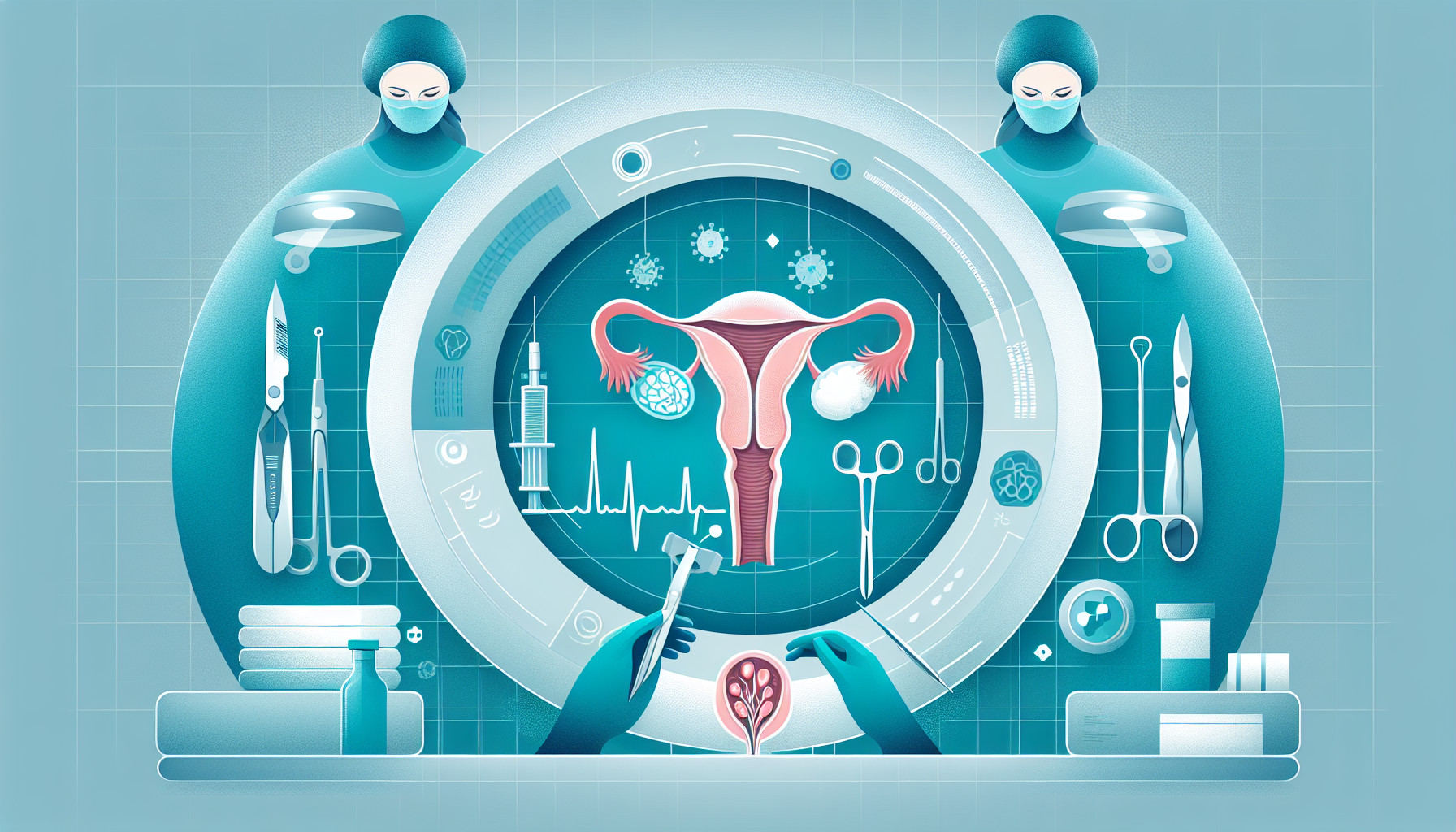Our Summary
This research paper looks at the effectiveness of a drug called letrozole in treating women with polycystic ovary syndrome (PCOS), a condition which can cause irregular or absent periods and infertility. The drug is compared to other treatments, such as selective oestrogen receptor modulators (SERMs), which are commonly used for ovulation induction.
The researchers found that letrozole was more effective at leading to successful pregnancies and live births than SERMs. They found no significant difference in the risk of ovarian hyperstimulation syndrome (a possible side effect of fertility drugs) or in the rates of miscarriage and multiple pregnancies between the two treatments.
However, the evidence was less clear when comparing letrozole to another treatment known as laparoscopic ovarian drilling (LOD). The researchers found some evidence suggesting that letrozole might be more effective, but they were not confident in this conclusion due to the low quality of the available evidence.
In conclusion, the researchers suggest that letrozole is a promising treatment for infertility in women with PCOS. They also note that they have upgraded the certainty of their findings in this update of their previous study, due to the inclusion of higher quality trials and the exclusion of trials with data validity concerns.
FAQs
- What is letrozole and how effective is it in treating women with polycystic ovary syndrome (PCOS)?
- How does letrozole compare to other treatments like selective estrogen receptor modulators (SERMs) and laparoscopic ovarian drilling (LOD) in terms of leading to successful pregnancies and live births?
- How confident are the researchers in their findings about the effectiveness of letrozole for treating infertility in women with PCOS?
Doctor’s Tip
A doctor might advise a patient undergoing ovarian cyst removal to follow post-operative care instructions carefully, including taking prescribed pain medication as directed, avoiding heavy lifting and strenuous activities for a certain period of time, and keeping the incision site clean and dry to prevent infection. It is also important for the patient to follow up with their doctor for any post-operative appointments and to report any unusual symptoms or complications.
Suitable For
Patients who are typically recommended ovarian cyst removal include those with large cysts that are causing symptoms such as pelvic pain, bloating, and pressure. Cysts that are suspected to be cancerous or are growing rapidly are also candidates for removal. Additionally, patients with cysts that are causing complications such as torsion (twisting) or rupture may need surgery to remove the cyst.
It is important for patients to discuss their symptoms and concerns with their healthcare provider to determine the best course of treatment for their individual situation. In some cases, watchful waiting may be recommended if the cyst is small and not causing any symptoms. However, if the cyst is causing issues or is suspected to be cancerous, surgery may be necessary to remove it.
Timeline
Before ovarian cyst removal:
- Patient may experience symptoms such as pelvic pain, bloating, and irregular menstrual cycles.
- Patient undergoes diagnostic tests such as ultrasound or MRI to confirm the presence of an ovarian cyst.
- Treatment options, including watchful waiting, hormonal birth control, or surgery, are discussed with the patient.
- If surgery is recommended, the patient undergoes pre-operative testing and preparation.
After ovarian cyst removal:
- Patient undergoes laparoscopic or open surgery to remove the ovarian cyst.
- Recovery time varies depending on the type of surgery performed, but most patients can return to normal activities within a few weeks.
- Patient may experience post-operative symptoms such as pain, bloating, and fatigue.
- Follow-up appointments are scheduled to monitor the patient’s recovery and ensure there are no complications.
- Patient may experience improved symptoms such as relief from pelvic pain and regular menstrual cycles.
What to Ask Your Doctor
Some questions a patient should ask their doctor about ovarian cyst removal include:
- What are the potential risks and complications associated with ovarian cyst removal surgery?
- What is the success rate of ovarian cyst removal in terms of preventing the cyst from recurring?
- What is the recovery process like after ovarian cyst removal surgery?
- Will I experience any changes in my fertility or hormone levels after the cyst is removed?
- Are there any alternative treatment options to consider before opting for surgery?
- How long will I need to be off work or restrict my activities following the surgery?
- Will I need any follow-up appointments or tests after the cyst is removed?
- How will the removal of the cyst affect my overall reproductive health?
- Are there any lifestyle changes or precautions I should take to prevent future cysts from developing?
- What is the long-term prognosis for my ovarian health after the cyst is removed?
Reference
Authors: Franik S, Le QK, Kremer JA, Kiesel L, Farquhar C. Journal: Cochrane Database Syst Rev. 2022 Sep 27;9(9):CD010287. doi: 10.1002/14651858.CD010287.pub4. PMID: 36165742
